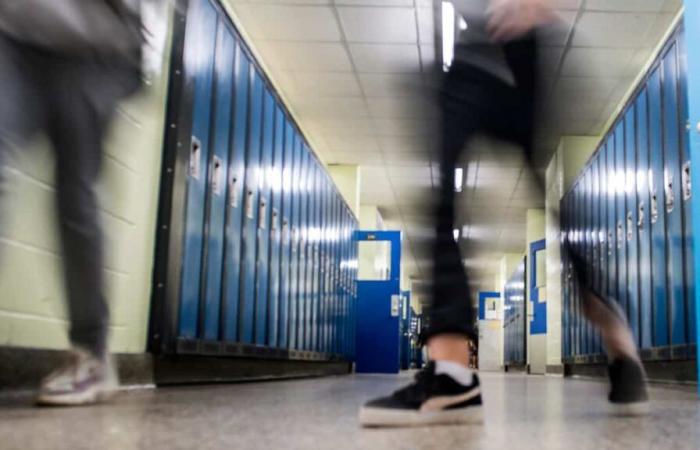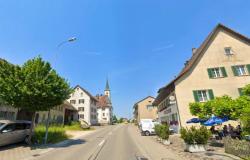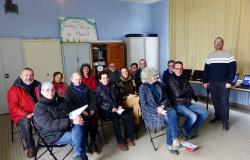Intolerance toward sexual and gender diversity is skyrocketing among high school students. The proportion of young people who would be uncomfortable learning that a loved one is homosexual has doubled in seven years, according to a vast survey carried out among Quebec adolescents by a Montreal organization which is sounding the alarm.
This change in mentalities represents “a setback of about 20 years,” laments Marie Houzeau, general director of GRIS-Montréal, an organization with a strong presence in secondary schools to raise awareness among young people about sexual and gender diversity.
During their visit, the volunteers take the opportunity to have the students fill out a questionnaire in order to find out their degree of openness to certain realities. However, for several years, the organization has noted “a constant deterioration in the level of comfort of young people with homosexuality”, indicates Mme Houzeau.
Nearly 34% of young people would be uncomfortable learning that their best friend is lesbian, a proportion which rises to 40% for a gay friend, double compared to the responses obtained in 2017.
The proportion of young people who say they are very uncomfortable with same-sex parenthood has increased from 10% to 24% during the same period.
The positions of young people are also much more assertive than before, sometimes even demanding, continues Mme Houzeau. In schools, volunteers from the organization report “more tense” situations.
“A young person will say: I don’t accept that and it’s my right, no one has to convince me otherwise. These are things we hear more often,” adds the general director.
In the comments collected at the end of the questionnaire, the organization also noted many more “insults and calls for hatred” than before.
Social networks and masculinist discourses
The omnipresence of social networks and the rise of masculinist discourse, which targets LGBTQ+ communities, could explain this rise in intolerance, according to Mme Houzeau.
-“Young people build their identity with social networks and influencers,” she explains, while deploring the presence of these “echo chambers” which reduce the influence of parents on their child’s education.
These figures were revealed Thursday morning during a press conference in which the Federation of Parents’ Committees of Quebec also participated.
Its president, Mélanie Laviolette, joins GRIS-Montréal to call for “collective mobilization” in this regard.
“I invite all parents, and also all adults who work with our young people, to promote openness, inclusion and respect to promote the well-being of children and a society where everyone has their place “, she said.
For its part, GRIS-Montreal is calling for more awareness and training in schools, particularly among school stakeholders.
Suicide rates among young people from sexual and gender minorities are still “atrociously high” in Quebec, which is “inconceivable in an open and progressive society like ours,” adds its general director.
IF YOU NEED HELP
24 hours a day, 7 days a week.






